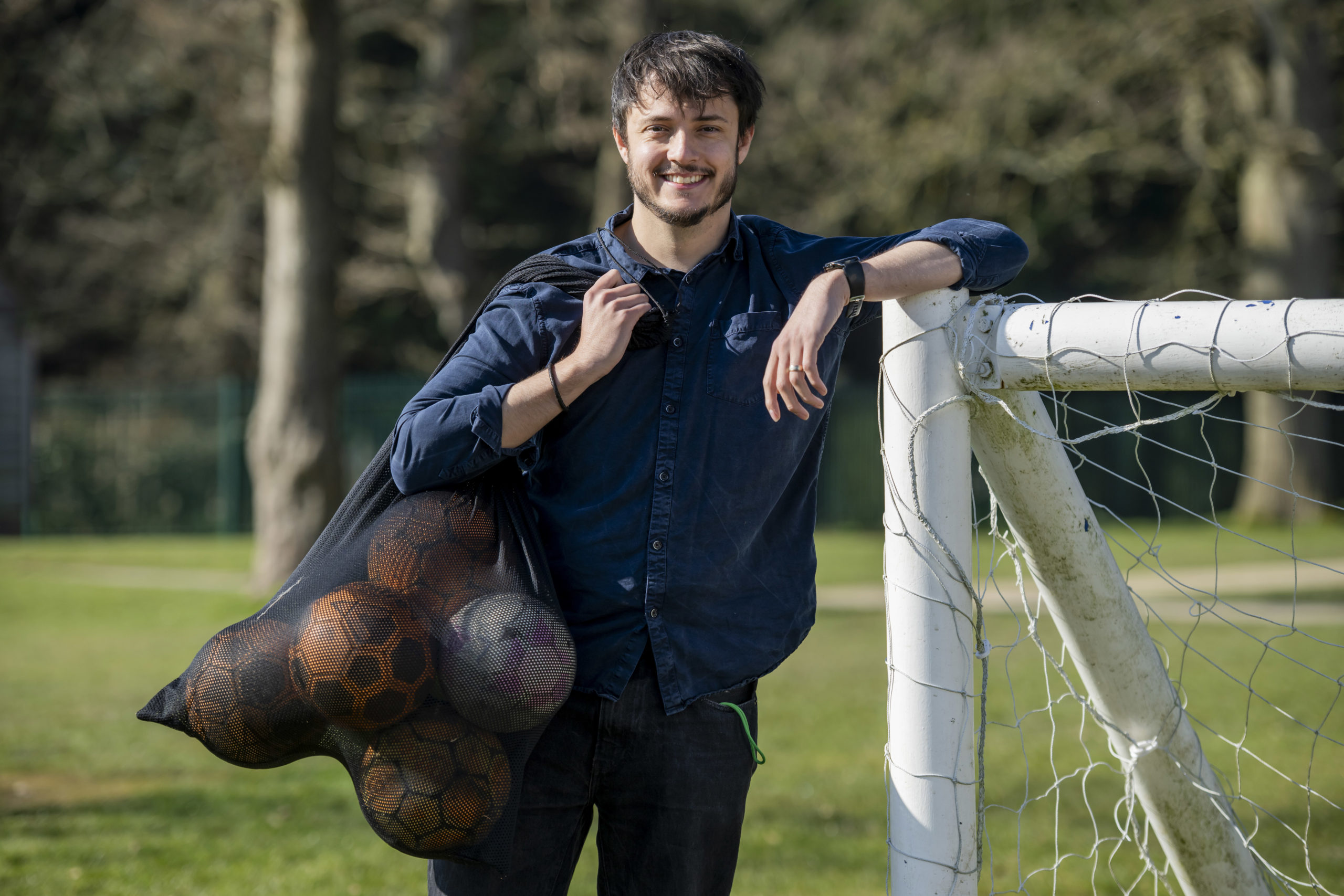
Jay Johnson
Jay Johnson joined LVS Hassocks from teaching at a mainstream primary school in London. With his aspiration to teach younger children and move into SEN, he now teaches English to the Year 7s and 8s, while being Form Tutor to Year 9s.
“I love to teach and SEN is about nurturing and helping students to progress. Their progression here is tangible and it’s very rewarding to see them succeed,” says Jay.
With staggered school start times each day, tutor time lasts up to 40-minutes each morning giving pupils the time they need to acclimatise and prepare for the day ahead. As further support, there’s also a lunchtime tutor group, as well as a final session at the end of each day.
When it comes to English lessons, Jay explains that learning is broken down to reflect that each child has very different needs. “Some of the students may be very good at accessing information on their own, while others need support. I ensure that we have a clear structure, with a very visual timetable, lots of resources and LSA support, so we can help those who may not, for instance, have strong motor skills and/or who will need extra time,” says Jay.
LVS Hassocks ensures that every student has access to the best learning for them, with smaller classes, of between five and eight children, helping to make sure that every child receives the attention they need to progress.
“I see our work as empowering them to take ownership of their learning and be happy.”
“You can see the students’ progression and it’s good to know that we are making a difference,” says Jay, who remembers one thing that really struck him on joining the school – how happy the students were.
“Some of our pupils have hour-long taxi rides into school, yet they still arrive with a big smile on their face. Taking a holistic approach is a big part of what we do here. It is about learning, but also about their emotional needs.”
As the Head of PHSE (Personal, Health & Education), Jay explains lessons are split into two subject areas, personal studies and social studies. “We talk about how to create positive relationships. We give them advice on how to navigate tricky situations, specifically things like how to detect sarcasm, or how to know when to stop talking.
“On the personal side, we talk about stranger danger on the internet, how to stay safe and for the Year 10s and 11s, we will help with life skills, like how to get the bus on their own, in preparation for when they go to college. Within the health and wellbeing elements, we will also talk about staying healthy – even talking to the older children about how not to turn into smelly teenagers, explaining the importance of good personal hygiene, from using deodorant to brushing their teeth.”
“I see our work as empowering them to take ownership of their learning and be happy.”